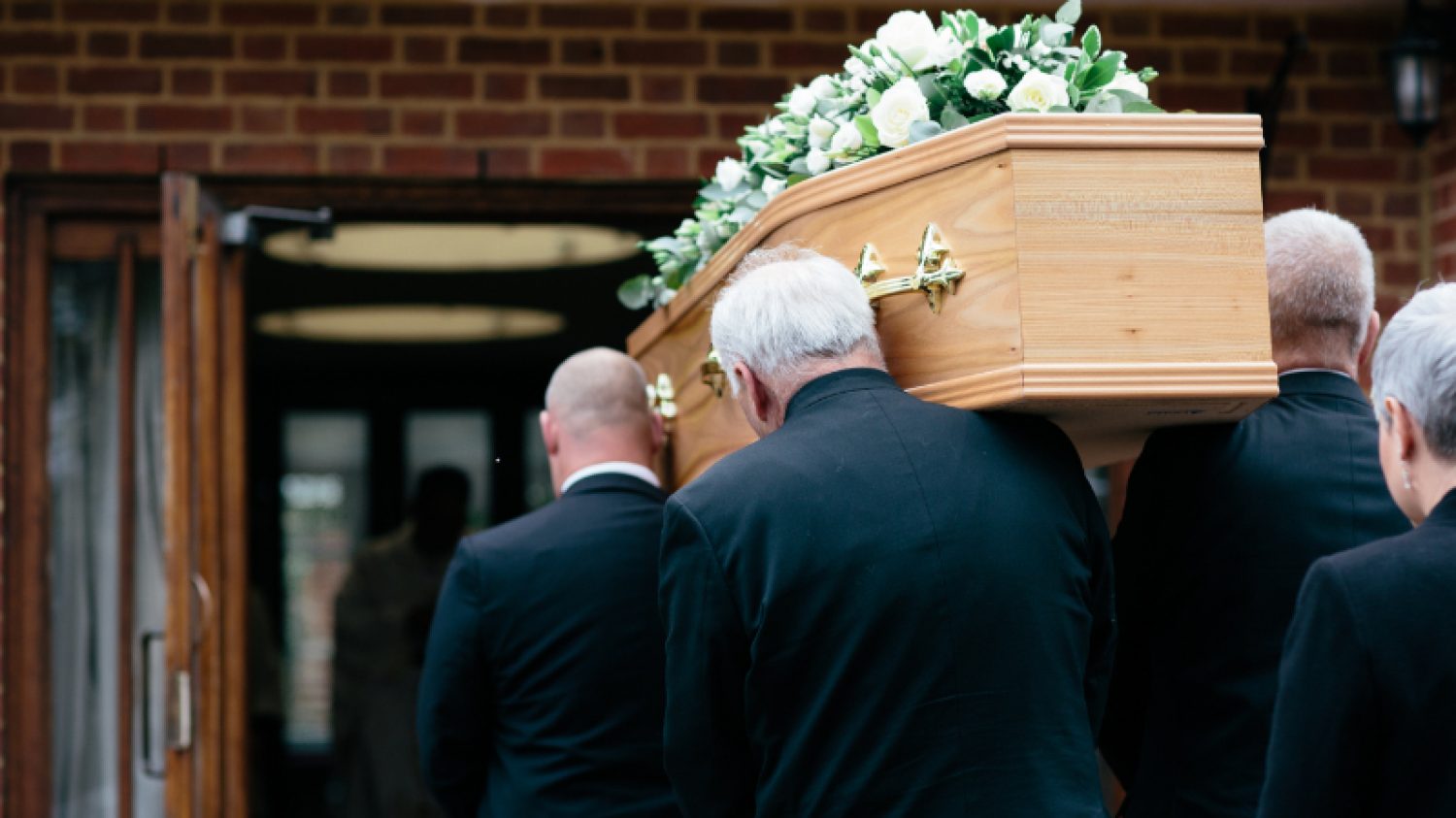Five minute read
One really common question we get asked is how long it takes to arrange a funeral. While the answer depends on what kind of funeral you’re hoping for, there are options you can choose which can help things happen faster.
We’ve broken down the factors that can affect timing to give you a better idea of what to expect.
Registering the death
Registration of a death should ideally take place within five days of a person dying. You will need to book an appointment to register via the register office online service. Once that’s done, the registrar will send the green form to either you or your funeral director.
Register Offices work hard to meet with people as quickly as possible, but their availability will play a role in the speed of a funeral.
Find out more about how we can help plan any kind of funeral.
How long do I need to plan a cremation?
While you shouldn’t feel rushed to plan a funeral, there are lots of reasons why a family might want to organise one quickly. Sometimes this can be for religious or cultural reasons, and in other cases it’s simply because it feels right.
If speed is important, choosing burial or cremation may make a difference to how long you can expect to wait. Cremation will usually take a little bit longer because of the additional paperwork it involves.
This list of suggestions takes you through what to do when someone dies.
Although the process was streamlined to make things faster during the Covid-19 pandemic, a doctor will still have to fill out a number of forms.
There’s also quite a bit of paperwork for the person who has died’s family or executor which your funeral director can help you with.
Crematoria usually require that this paperwork be delivered two to three working days before the cremation is supposed to take place. While it’s not very common, crematoria will sometimes flag potential issues with the paperwork which can lead to delays.
If you choose cremation, we would generally say to be prepared to wait about a week from the date of death. Keep in mind that things can take longer, especially if there’s a hold up with the paperwork from the doctor or crematorium.
How long do I need to plan a burial?
Compared with cremation, burials require a lot less paperwork. When someone needs to be buried straightaway for religious reasons, most registrars will offer an out-of-hours service.
The availability of a cemetery or burial ground plays a big part in the speed with which a burial can take place.
You’ll need to have the deed for any existing grave plot or else apply to buy a new one. In some cases, burials can happen as soon as the next day, although they’ll usually take longer if you need to buy a plot or make other arrangements.
As with cremation, this process will look different if the coroner is involved and will probably take longer.
What else can affect how long funeral planning takes?
There are lots of other considerations that can affect the time it takes to arrange a funeral. A good rule of thumb is that the bigger a funeral is, the longer it will take to organise. If a lot of people are going to be there, you will need to settle on a date that will work for your guests and send invitations.
Another important thing to consider is the venue and how flexible you’d like to be. If you have your heart set on a specific place, you’ll want to make sure that it’s available on the right date. Read more about choosing a venue.
In cases where you’d like to work with a celebrant, it can also take time to find the kind of person you’re looking for. Read more about choosing a celebrant.
Some other options that might need to be considered in advance are:
- The coffin: some coffins will take longer to arrive than others.
- Flowers: this is especially true if you want to work with a particular florist or have specific requests.
- Vehicles: you’ll often need to reserve a vehicle ahead of time.
There are other circumstances that can affect how long a funeral takes to arrange. For instance, if someone has died suddenly or unexpectedly the coroner may get involved. At that point, it’s up to the coroner when the cremation or burial can go ahead.
The coroner's investigation can take anything from a few days to a couple of weeks, or maybe even longer, but the coroner should try to ensure the person's body can be released as soon as possible.
It can feel very hard when this happens, so try to reach out for support if you need it. We’ve put together a list of recommended bereavement services which offer support.
Ultimately, there’s no single answer to how long it takes to organise a funeral, it really comes down to your priorities and what feels important.
At Poppy's, we can help to organise these steps and explain what your choices might mean for timing.
Read our list of suggestions for what to do when someone dies to help you through these first few days or look through questions to consider when choosing a crematorium.
Do get in touch with any questions or to find out how we can help you arrange a funeral, and to keep up with the latest news and updates from Poppy's by email, sign up here.
